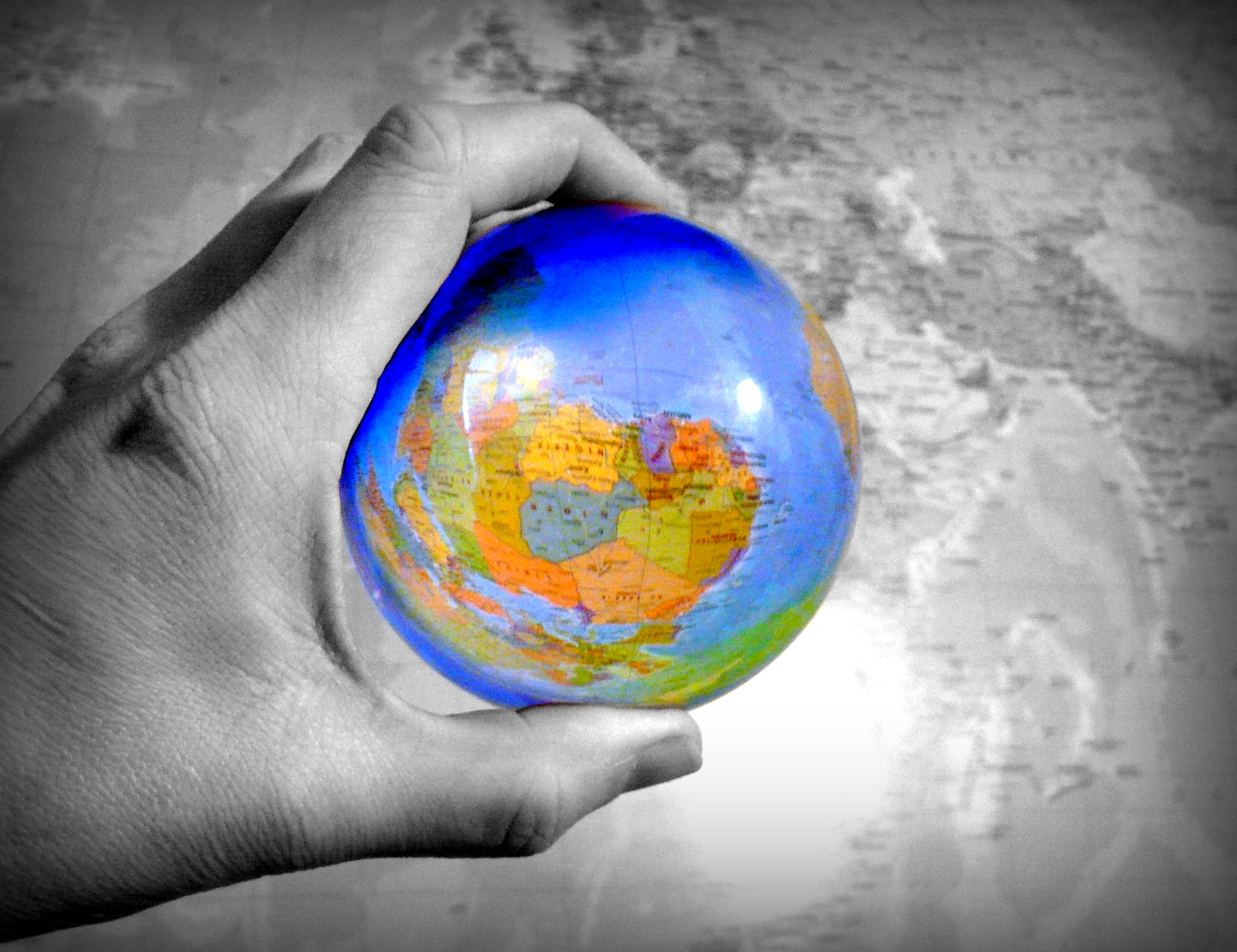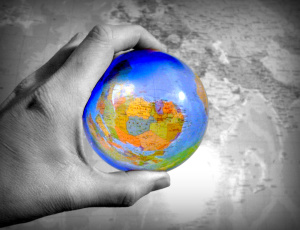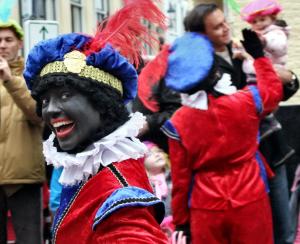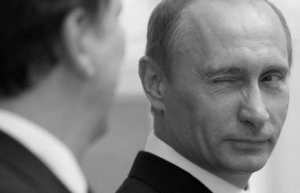Weekly Roundup: The World Seen From A Different Angle


This week, MIR Online challenged readers to explore issues outside their commonly defined realms. Our writers raised controversial questions, pushing readers to perceive topics through a different lens. The articles ranged from the obsession with ISIS and the unnecessary hysteria, to the surprising revelations in Sudanese foreign policy. Discussions covered subjects from across the world, from the political transition in Algeria to the contentious holiday traditions in the Netherlands. Each article reminds the reader to think critically, and not simply buy the narrative that is often played out to us over and over in the media. Our weekly roundup provides the highlights of the insightful articles featured this week.
The United States has often focused its energies on combating far-away threats, currently the Islamic State. MIR Online writer Nicholas LePage emphasizes the “exaggeration of ideological threat” in American society, and the manipulation of the public by ISIS propaganda that has led to an unwarranted aggrandizement of the organization. He observes the pertinent domestic security issue of drug cartels that deserves greater attention, as it poses a more palpable threat in comparison to IS. The article challenges the common conception of the IS as the greatest security concern.
Editor Aliaume Leroy presents how the foreign policy narrative presented by Sudanese politicians in public does not always correspond to the truth. The recently leaked minutes of meetings between security and military Sudanese officers revealed the extensive military and defence relationship between Sudan and Iran, previously denied by the Foreign Minister. Sudan wishes to simultaneously maintain positive relations with the Gulf States, exposing the “two-faced stratagem” being employed to win the best-of-both-worlds.

As holiday season approaches, the Netherlands has begun preparation for the Sinterklaas festival, but not without recurring dissatisfaction from sections of the population about the image of Zwarte Piet. Every year, adults and children dress up as Zwarte Piet, which comprises individuals in black-face, black curly hair, full lips and bring round gold earrings. Editor Sara Issaoun in her article “Racism or Tradition: The Annual Dutch Struggle with Zwarte Piet” illustrates how what may appear to be a harmless holiday tradition is instilling negative stereotypes in society.
In light of the recent presidential elections in Algeria, in which current president Bouteflika won with over 80% of the votes, the question of the stability of the government for an eventual succession is asked by MIR Online writer Anne Favory. She discusses, in her article “Paving the Way: Algeria in Transition“, the lack of a clear potential candidate to take over and the fragile balance in the government currently held together by Bouteflika’s administration. What does the future look like for Algeria?

MIR Online, expanding its bilingual range, has also seen two publications in French. Vladimir Putin’s return to the presidential seat of Russia has caused quite the waves around the world. Writer Juliana Salaun, in the article “Bons Baisers du Kremlin“, analyses the delicate relationship between Russian president Putin and the European Union, discussing the possibility, advantages and disadvantages of Russia joining the Union and the two parties’ reluctance to move forward in peaceful and fruitful discussions.
The second French article this week, “La France et Le Voile Intégral: Un Débat Sans Fin“, writer Alix Vadot puts the spotlight on the recently sparked debate on the full veil. After the events that took place at the Opera de Paris last month, in which the cast refused to perform until a woman in illegal full veil in the audience either uncovered her face or left the theater. Our writer discusses the repercussions of the new discussions on controversial issue and if France can ever apply the law banning the full veil without igniting the fire once again.
“Is the word ‘genocide’ becoming a commodity on the market for political influence?” Writer Margot Charles poses a contentious question for our readers as she analyzes the arguments presented by various celebrated speakers at the Raoul Wallenberg: Lessons for Humanity event hosted in Montreal on October 29th. The debate includes the importance of combining private action and public agency, evaluating whether with our modernizing world our approach towards prevention of genocide should evolve. The article addresses the advantages and drawbacks of distinct legal avenues to prosecute perpetrators.
Finally, the week closes with a controversial topic in Canada. After the shooting tragedy at the parliament in Ottawa last October, the media has been labeling the act as a “terrorist attack”. Is it really? Writer Ronny al-Nosir’s article, “Just watch me! – False Flag Politics and Terrorism“, brings a fresh point of view of the event and questions the media’s labeling of acts of terrorism. Is the attack’s impact on Canada’s policy towards involvement in the “war on terror” properly reflecting the bigger picture surrounding the event?
Our journey through the articles illustrates how our writers challenged common conceptions surrounding issues and provided detailed analysis of the topics. Stay tuned for more thought-provoking articles next week!
